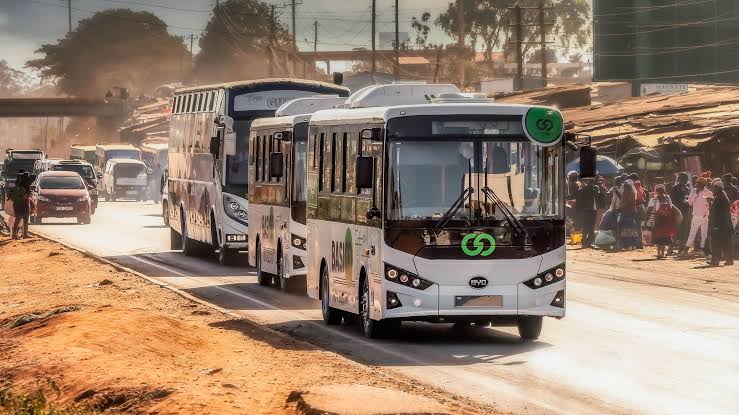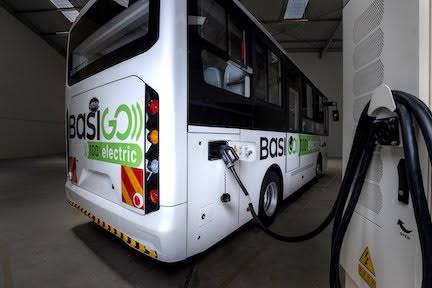In recent years, Kenya has been making significant strides in embracing sustainable transportation solutions to combat pollution and reduce dependence on fossil fuels. One of the most promising developments in this arena is the introduction of electric buses for public transport. As the country grapples with urbanization and the associated challenges of traffic congestion and air pollution, the transition to electric buses offers a beacon of hope for a cleaner, greener future.The adoption of electric buses in Kenya represents a paradigm shift in the public transportation sector.
Traditionally dominated by diesel-powered vehicles, the transition to electric buses marks a departure from environmentally harmful practices towards more sustainable alternatives. With the support of government initiatives and partnerships with private sector stakeholders, the deployment of electric buses is gaining momentum across the country.

One of the primary drivers behind Kenya’s embrace of electric buses is the urgent need to address air pollution in major cities such as Nairobi, Mombasa, and Kisumu. Diesel-powered vehicles are significant contributors to air pollution, emitting harmful pollutants such as particulate matter, nitrogen oxides, and carbon dioxide. By replacing conventional buses with electric models, Kenya aims to mitigate the adverse health effects of air pollution and improve the quality of life for its citizens.
Moreover, electric buses offer economic benefits beyond environmental sustainability. While the initial investment in electric buses may be higher than their diesel counterparts, the operational costs are significantly lower over the long term. Electric buses have lower fuel and maintenance costs, making them a cost-effective option for public transportation operators in the country.

Additionally, the reduction in greenhouse gas emissions from electric buses aligns with Kenya’s commitments to combat climate change and achieve its carbon reduction targets.The transition to electric buses also presents opportunities for job creation and technological advancement in Kenya.
As the country invests in electric vehicle infrastructure and manufacturing capabilities, new employment opportunities will emerge in areas such as battery technology, vehicle assembly, and maintenance services. Furthermore, the adoption of electric buses will stimulate innovation in renewable energy integration and smart grid technologies, positioning Kenya as a regional leader in sustainable transportation solutions.

However, the widespread adoption of electric buses in Kenya is not without its challenges. The upfront costs of transitioning to electric fleets, limited infrastructure for charging stations, and the need for skilled workforce training are among the key hurdles that must be overcome. Addressing these challenges will require concerted efforts from government agencies, private sector partners, and civil society organizations to develop comprehensive policies, mobilize investments, and raise awareness about the benefits of electric buses.
Despite these challenges, the future looks promising for electric buses in Kenya. With increasing global momentum towards decarbonization and sustainable development, the transition to electric vehicles is inevitable. By embracing this transition and leveraging its abundant renewable energy resources, Kenya has the opportunity to transform its public transportation system into a model of sustainability and innovation for the rest of the continent.

In conclusion, the introduction of electric buses heralds a new era of sustainable public transportation in Kenya. By prioritizing environmental stewardship, economic efficiency, and technological innovation, Kenya is poised to reap the benefits of electrifying its public transport fleet. As electric buses become more prevalent on the streets of Kenyan cities, they will not only improve air quality and reduce carbon emissions but also pave the way for a brighter and more sustainable future for generations to come.




